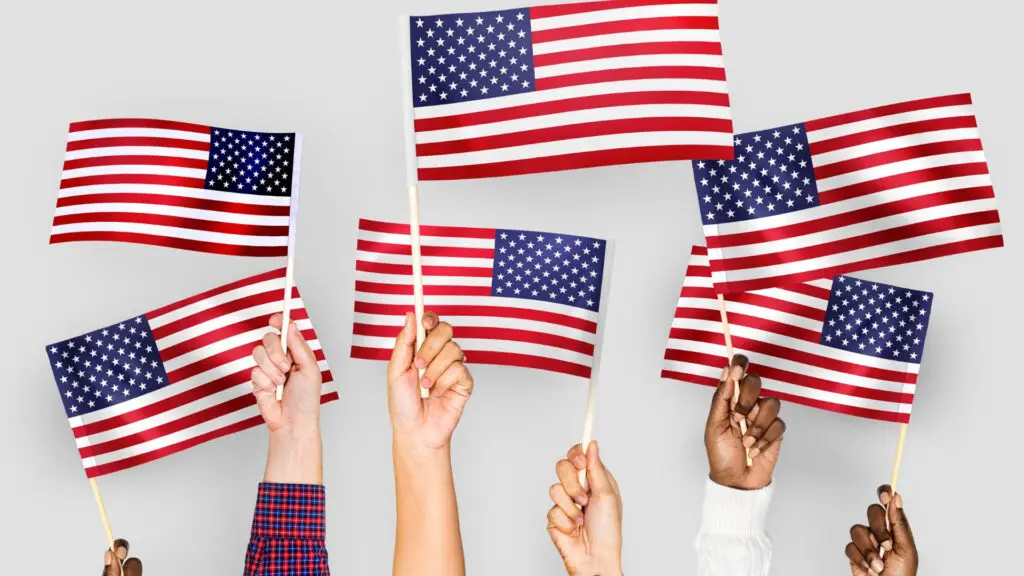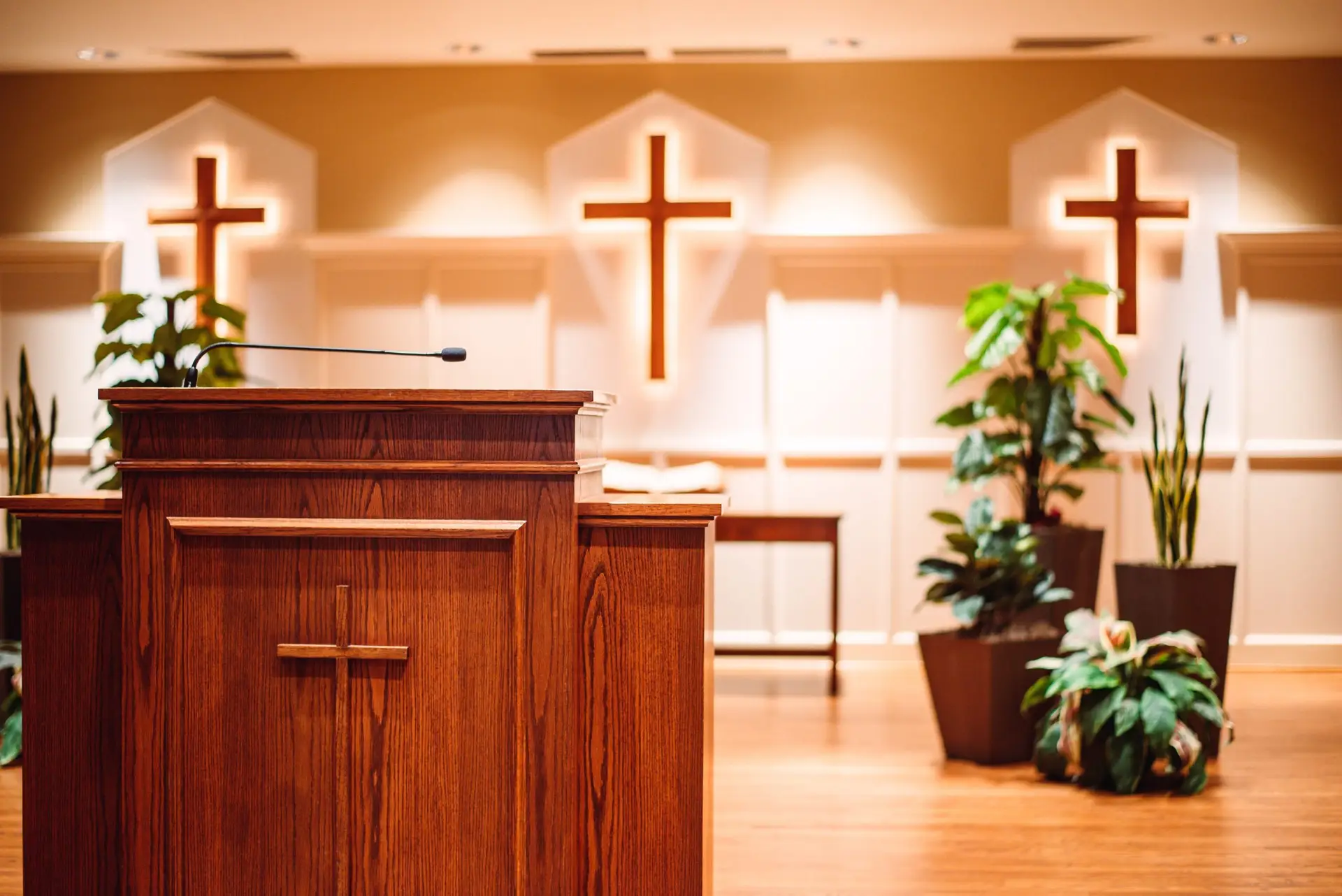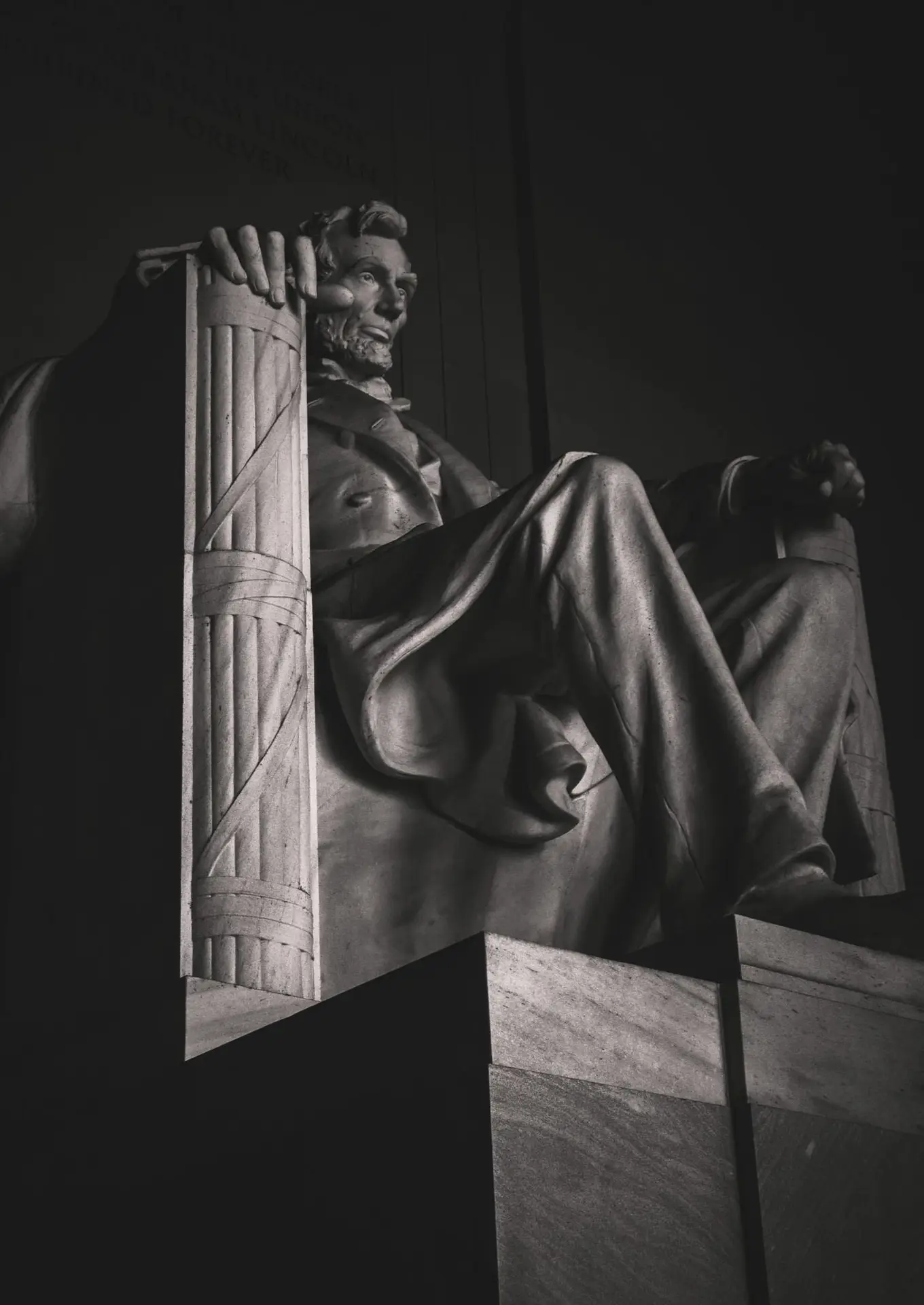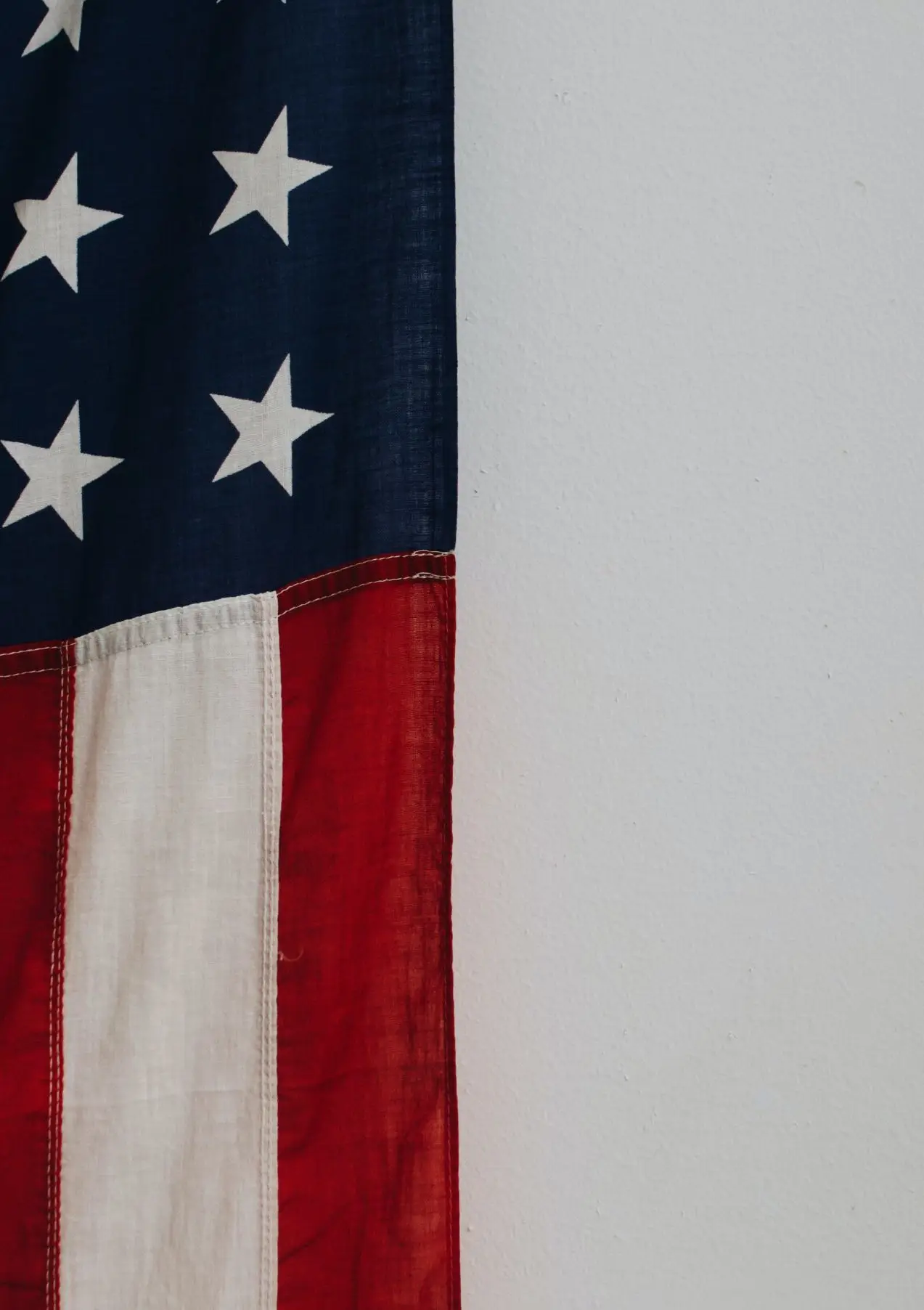This Fourth of July country and western singer Lee Greenwood’s gravelly voice will be heard in every part of the United States declaring “I’m proud to be an American…”. But this year there may be fewer voices than ever joining him in that proclamation.
A Gallup Poll released July 2nd found that less than half the adults in the nation are “extremely proud” to be Americans (45%). To be fair, that is only two percent less than last year but it continues a 15-year downward trend. Gallup reports its highest finding of those who were extremely proud to be Americans was 70% in 2004.
Seventy percent of Americans are still “extremely” or “very” proud to be citizens of this nation.
The picture is not as bleak as the headline might indicate. Seventy percent of Americans are still “extremely” or “very” proud to be citizens of this nation. But that, too, shows a downward trend.
When Gallup first asked about Americans’ pride in their country in 2001, 55% said they were extremely proud and 87% said they were either extremely or very proud of their nation. Results stayed near those levels until 2013 when both responses started to slide. In the past six years, extremely proud responses declined from 57% to 45%. The combined response dropped from 85% to 70%.
Men show only slightly more pride in America than women. Seventy-two percent of men are either extremely or very proud of the nation compared to 68% of women, Gallup found.
Age seems to impact responses. In the age bracket 18-29, only 51% of responders indicated they were either extremely or very proud of America. For those in the 30-49 range, 65% fell in this category. The 50-64 age bracket recorded 80% and the 65+ segment showed 85%, Gallup reported.
Cause for the discontent, Gallup said, was easy to identify. To the surprise of many, it was not racial or ethnic tensions. U.S. diversity in race, ethnic background and religion was a source of pride for 72% of responders. That is nearly a three to one favorable evaluation.
Responders also approved of America’s economic achievements (75%), culture and arts (85%), military (89%) and scientific achievements (91%).
What lowered Americans’ pride in their nation, Gallup found, was the nation’s health and welfare system and the nation’s polarized political system.
Only 37% of responders pointed to America’s social safety-net system as something that made them proud. Sixty-seven percent said it did not. That is a 2-1 indictment of the way the nation responds to the sick and hurting – the “least of these” as the Bible says.
The American political system was a source of pride for only 32% of responders. It brought a negative response from 68%.
That finding should concern every American. Our system of representative democracy should be a model for all freedom loving people and for years it was. Unfortunately, some political theorists now argue that democracy is failing as a system of governance. They point to political instability, to short term goals, to corruption and to individual selfishness to shore up their arguments. Parties and individuals seek their own selfish wellbeing at the expenses of the whole. Party, class, economics — these personal identities ultimately become more important than the welfare of the whole or the consent of the governed.
Democracy has always had its challengers beginning with Plato and Aristotle. In the 1600s, democracy was like a curse word for those who discussed government. Some say it is becoming that again.
Gallup found that responders were not referencing representative democracy in their responses about America’s political system. They were referencing the current polarization of the system. Gallup wrote, “Record-low American patriotism is the latest casualty of the sharply polarized political climate in the U.S. today.”
Analysis by Gallup found that neither party – Republicans or Democrats – is proud of the polarization in the U.S. political system. That means leaders recognize the problem. Now the question is whether our leaders, as well as us common citizens, will be more committed to our partisan and personal identities than we are to the welfare of the whole nation.
Pride in America is more than pride in me and mine.
This Fourth of July as I join my voice with Greenwood’s in singing “I’m proud to be an American…”, as I ask God to “bless the USA,” it will be with a prayer that I and others will overcome our partisanship, our short-sightedness, our selfishness and be able to “love one another” as we have been loved by God.”
Dr. Bobby S. (Bob) Terry serves as an Advisor to the President of Samford University for Faith Networks. A native of Alabama, Dr. Terry holds degrees from Mississippi College and Southern Baptist Theological Seminary. He was involved in state Baptist papers for more than 50 years beginning in 1968 and retiring at the end of 2018 from The Alabama Baptist newspaper after serving for more than 23 years as it’s President and Editor.
Follow him on Twitter at @drbobterry.
To contact Bob Terry, email [email protected].




